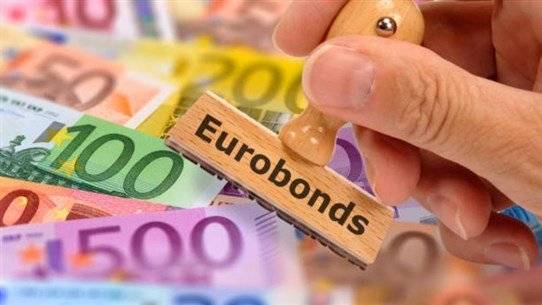On March 7, 2020, the government of President Hassan Diab announced a default on the payment of foreign currency Eurobonds. Since then, despite all financial and economic experts agreeing that this step constituted economic suicide for Lebanon, the state has not taken any action to address the issue.
However, in recent weeks, the value of these bonds has declined, which means that Lebanese Eurobond holders prefer to dispose of and sell them at a time when there is no demand for their purchase. Should the state take advantage of this situation and proceed to buy them? A financial expert clarified through "Akhbar Al-Yawm" agency that any step in this direction should be coordinated with the International Monetary Fund (IMF), especially since many bondholders or funds belong to the category of "vulture funds," meaning they are opportunists looking to profit from the situation.
The source stated that these funds hold "large amounts," and unfortunately, when Lebanon issued the bonds, it did not tie them with collective action clauses, meaning it requires a 75% agreement from bondholders to restructure them in a way that protects the state.
He added that here lies the importance of negotiating and reaching agreements with the IMF, as this negotiation is not only to obtain $3 billion but also to create a mandatory path for negotiations on behalf of Lebanon with Eurobond holders to seek a comprehensive solution that protects the Lebanese state. He pointed out that the absence of collective action clauses weakens the state’s negotiating ability, especially after announcing the default.
In this context, the financial expert believed that the state does not have the funds to buy these bonds or part of them, noting that its financial situation lacks transparency, making it difficult to determine its assets and liabilities. He stated: even if the bonds are currently "cheap," they cannot be bought randomly without a comprehensive solution, as this would lead to an opposite result, while a complete and integrated solution through the IMF is required.
He indicated that default means Lebanon will not pay, and questioned: why, then, have the "vulture funds" not taken any action against Lebanon? And why has the price dropped? Do they consider the decline a confirmation that Lebanon will not reach a solution? He emphasized that all these measures should be part of a comprehensive package with all holders, not just a specific group, warning against patchwork policies, especially since Lebanon's legal situation is weak.




